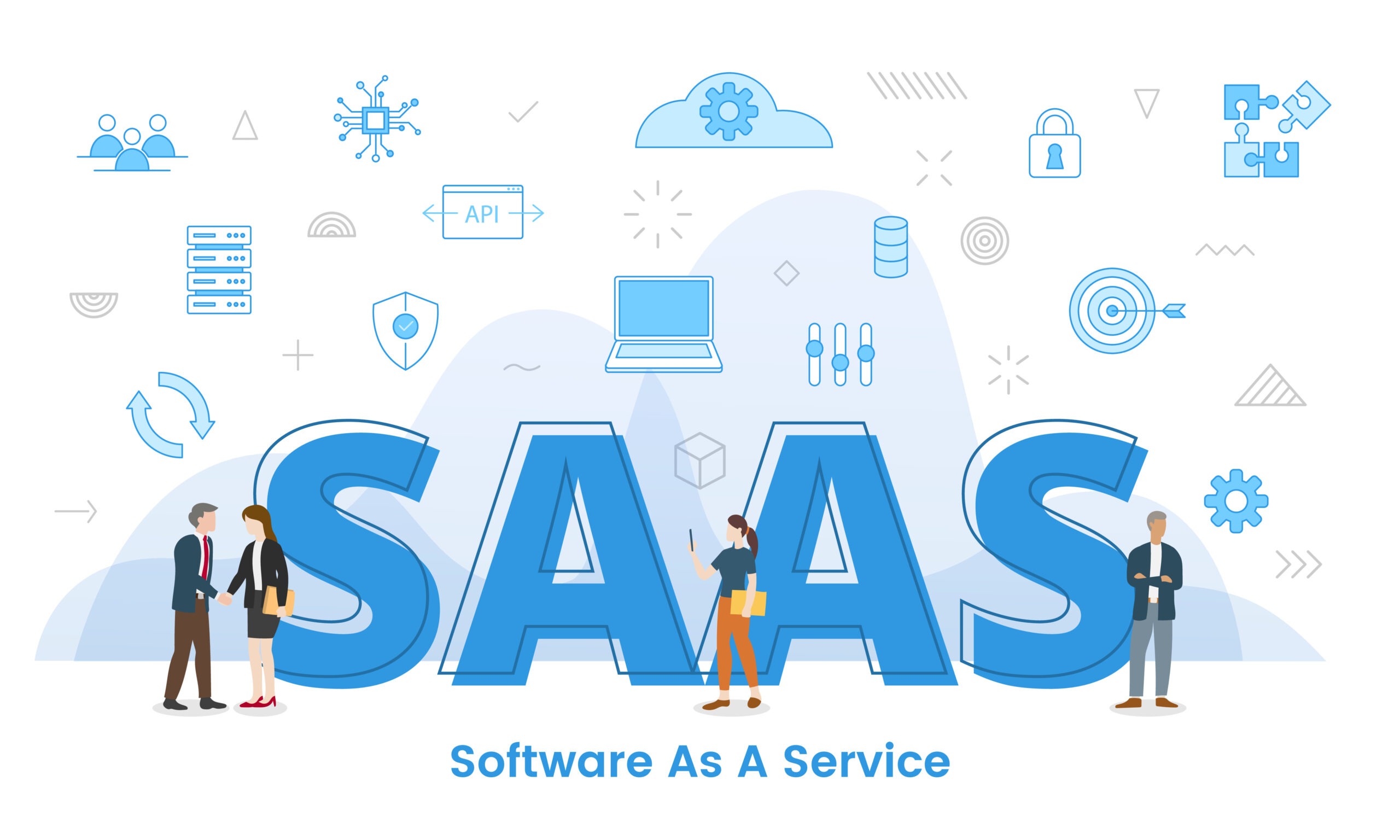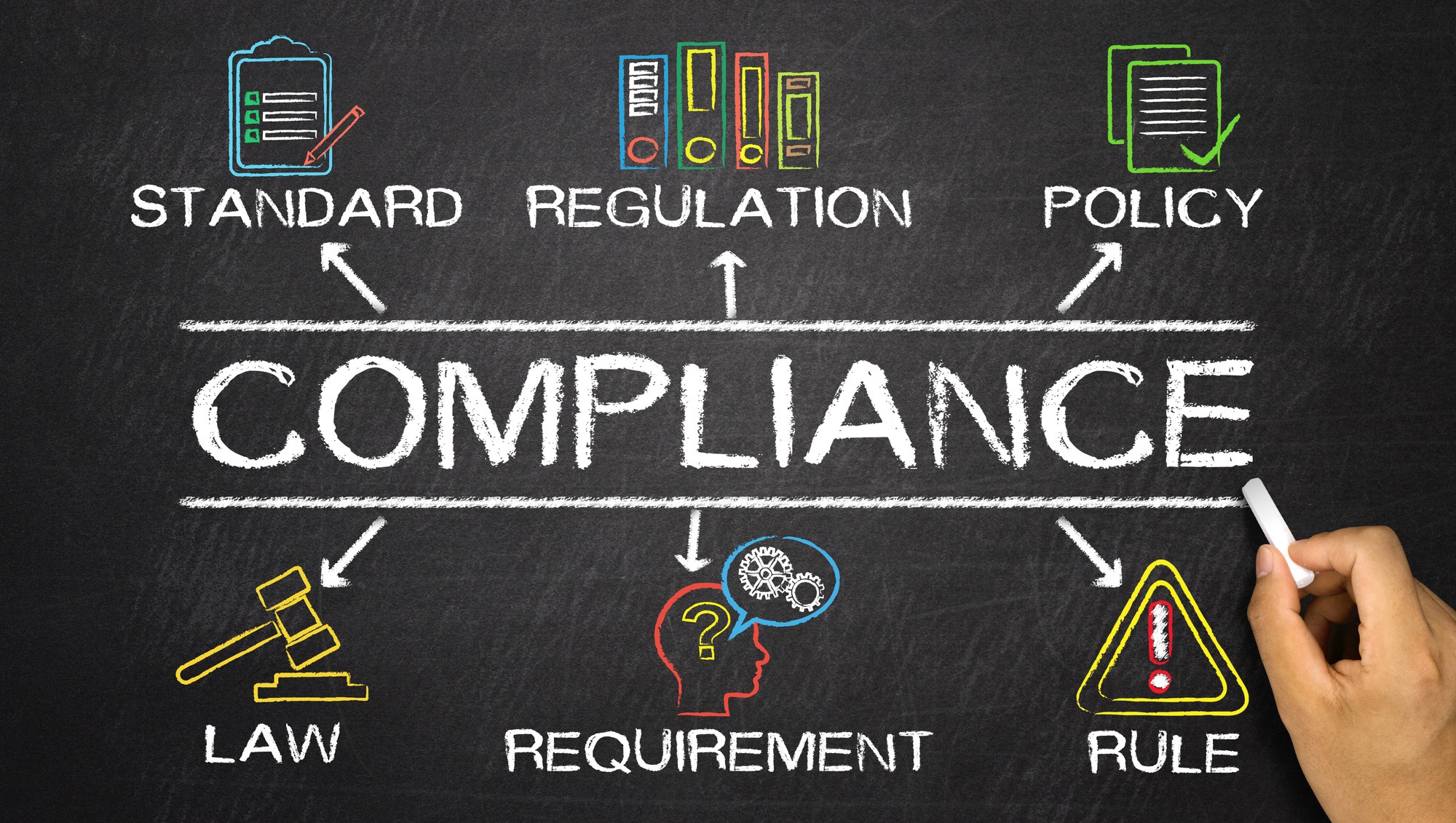Software as a Service (SaaS) has emerged as a transformative model in the software industry, enabling businesses to access and utilize applications over the Internet without costly infrastructure and maintenance.
SaaS companies provide on-demand software solutions to customers, offering flexibility, scalability, and convenience. But while they give you numerous advantages, they also come with unique challenges, particularly in compliance with regulatory requirements.
Compliance is paramount for these companies as they handle sensitive customer data, engage in financial transactions, and operate within various industry verticals. Failure to meet such obligations can lead to legal consequences, reputational damage, and loss of customer trust.
This article will discuss the crucial aspects of compliance that SaaS companies need to know:
1. Data Privacy And Security Compliance
Data privacy and security are critical concerns, given the sensitive nature of the customer data SaaS companies handle.
Protecting this data is not only essential for regulatory compliance but also for maintaining the trust and confidence of customers. Knowing this, these companies must implement robust data protection measures, including encryption, access controls, and secure authentication protocols.
Additionally, they must adhere to data breach notification requirements, promptly informing affected individuals and relevant authorities during a data breach. Secure data handling practices must be followed throughout the data lifecycle, ensuring secure storage, transfer, and processing procedures are in place to safeguard sensitive information.
SaaS companies can find IT consultants from NDatastor, among similar providers, to ensure that their IT and network security meet regulatory requirements regarding data protection.
2. Health And Safety Requirements
Health and safety compliance is another crucial aspect SaaS companies must prioritize to ensure the well-being and protection of their employees, customers, and stakeholders.
In the rapidly evolving world of technology, these firms must understand and adhere to the necessary regulations and standards to maintain a safe working environment. That involves implementing policies and procedures that address potential risks and hazards associated with the company’s operations, whether on-site or remote.
Companies can conduct regular risk assessments, provide appropriate training and resources, and establish clear protocols for incident reporting and emergency response. By embracing this proactive approach, they can mitigate risks and potential liabilities and foster a culture of care and well-being within their organization.
Likewise, SaaS companies can adopt cleaning solutions that ensure their workplaces are safe and meet health and safety requirements. For example, they can contact Optisolve.net for a precision-cleaning, data-enabled digital reporting solution that measures and reports cleaning quality.
3. Financial Compliance
SaaS companies must navigate various accounting and financial reporting requirements to ensure transparency and accurate financial representation. That includes adhering to Generally Accepted Accounting Principles (GAAP) or International Financial Reporting Standards (IFRS) when preparing financial statements.
Additionally, they need to maintain proper record-keeping practices and implement robust internal controls to ensure the integrity of their financial data.
Tax compliance is another critical aspect for SaaS companies. They must understand and meet their tax obligations, including corporate income tax, sales tax, and withholding tax, depending on their jurisdiction.
Compliance with tax regulations often involves registering for tax identification numbers, filing regular tax returns, and staying updated on tax laws and regulations changes.
Finally, companies involved in financial transactions, such as processing payments or storing sensitive payment card information, must comply with industry-specific regulations like the Payment Card Industry Data Security Standard (PCI-DSS). This standard ensures the secure handling of payment card data, including encryption, network security, and regular security audits.
Adhering to PCI-DSS helps protect customer data and maintain trust with clients and payment processors.
4. Intellectual Property Rights And Licensing
Intellectual property (IP) is a valuable asset for SaaS companies, encompassing software code, trademarks, patents, and trade secrets. Protecting it is crucial to maintaining a competitive edge and preventing unauthorized use or exploitation.
SaaS companies should implement robust measures such as copyright registration, trademark filing, and trade secret protection to safeguard their IP assets. They can implement internal policies to maintain confidentiality, restrict access to proprietary information, and use appropriate contracts and agreements with employees, contractors, and partners.
Software development and distribution in the SaaS industry require careful attention to licensing agreements. As such, these firms must understand the terms and conditions of their software licenses and ensure compliance with all terms.
That involves acquiring the necessary licenses for third-party software components, adhering to open-source software licenses, and complying with the terms of software development frameworks and libraries.
Proper licensing mitigates legal risks, establishes credibility, and fosters trust with customers and partners.
Compliance Is Crucial
Compliance plays a pivotal role in ensuring the success and sustainability of companies. It shouldn’t be viewed as a burden but as an opportunity to build customer trust, differentiate from competitors, and demonstrate commitment to ethical business practices.
By investing in compliance, SaaS companies can safeguard their operations and create a solid foundation for growth, innovation, and long-term success in a rapidly evolving market.


